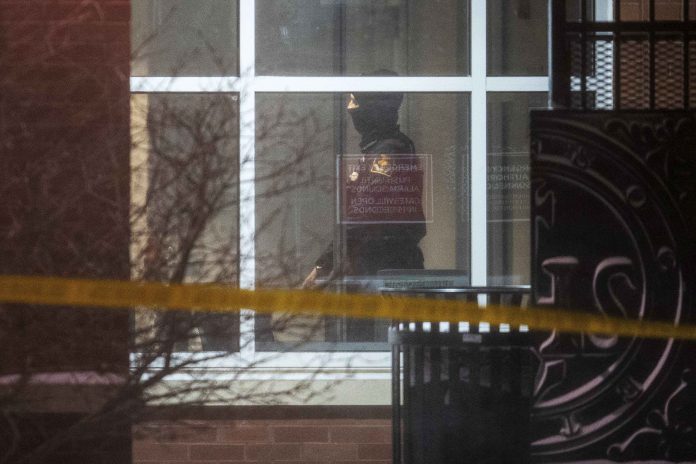
Associated Press
OMAHA, Neb. (AP) — Police and firefighters evacuated a Creighton University dormitory after a student at the Nebraska school told emergency room staff that she had tried to make the poison ricin in her dorm room in an attempt to harm herself.
Officials also temporarily shut down the Creighton University Medical Center emergency room on the university’s campus in Omaha as a precaution, the Omaha World-Herald reported.
The scramble to head off any possible ricin exposure began around 9 p.m. Thursday, when police were contacted, Omaha Police Officer Joseph Nickerson said. The woman told emergency room staff that the ricin-making materials were still in her dorm room, so staffers contacted police and fire departments, Nickerson said.
About 50 Creighton students were evacuated from Davis Square apartments and moved to other campus housing. Nickerson said a hazardous materials crew cleaned the building. Normally, about 260 students would occupy Davis Square, officials said, but the coronavirus pandemic has closed in-person classes at the university, leading to fewer students living in dorms.
Ricin is a poison found naturally in castor beans. When extracted and purified, it can be used as a lethal poison. A few milligrams is enough to kill an adult if it’s eaten, injected or inhaled. There is no antidote for ricin poisoning, according to the Centers for Disease Control and Prevention.



















